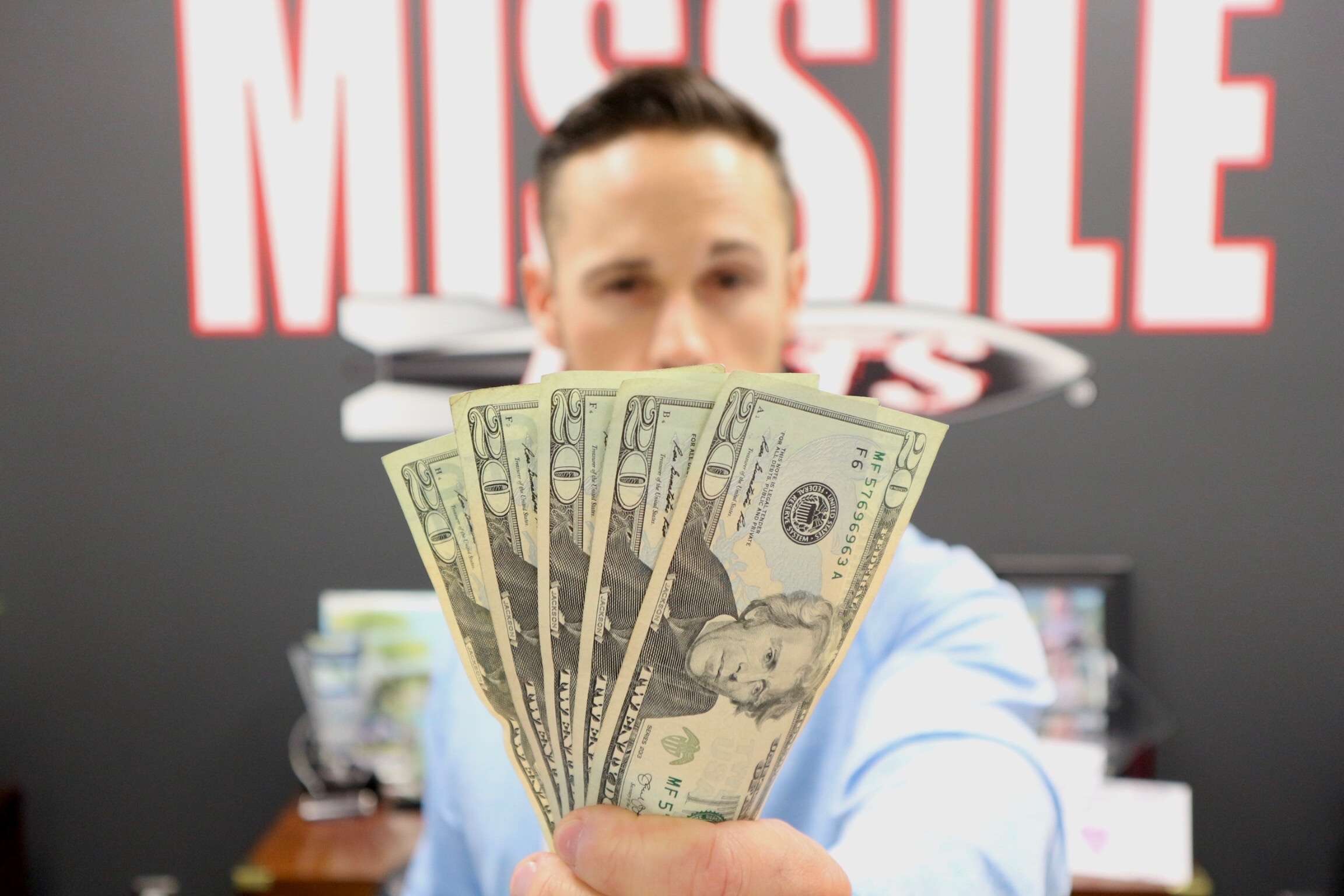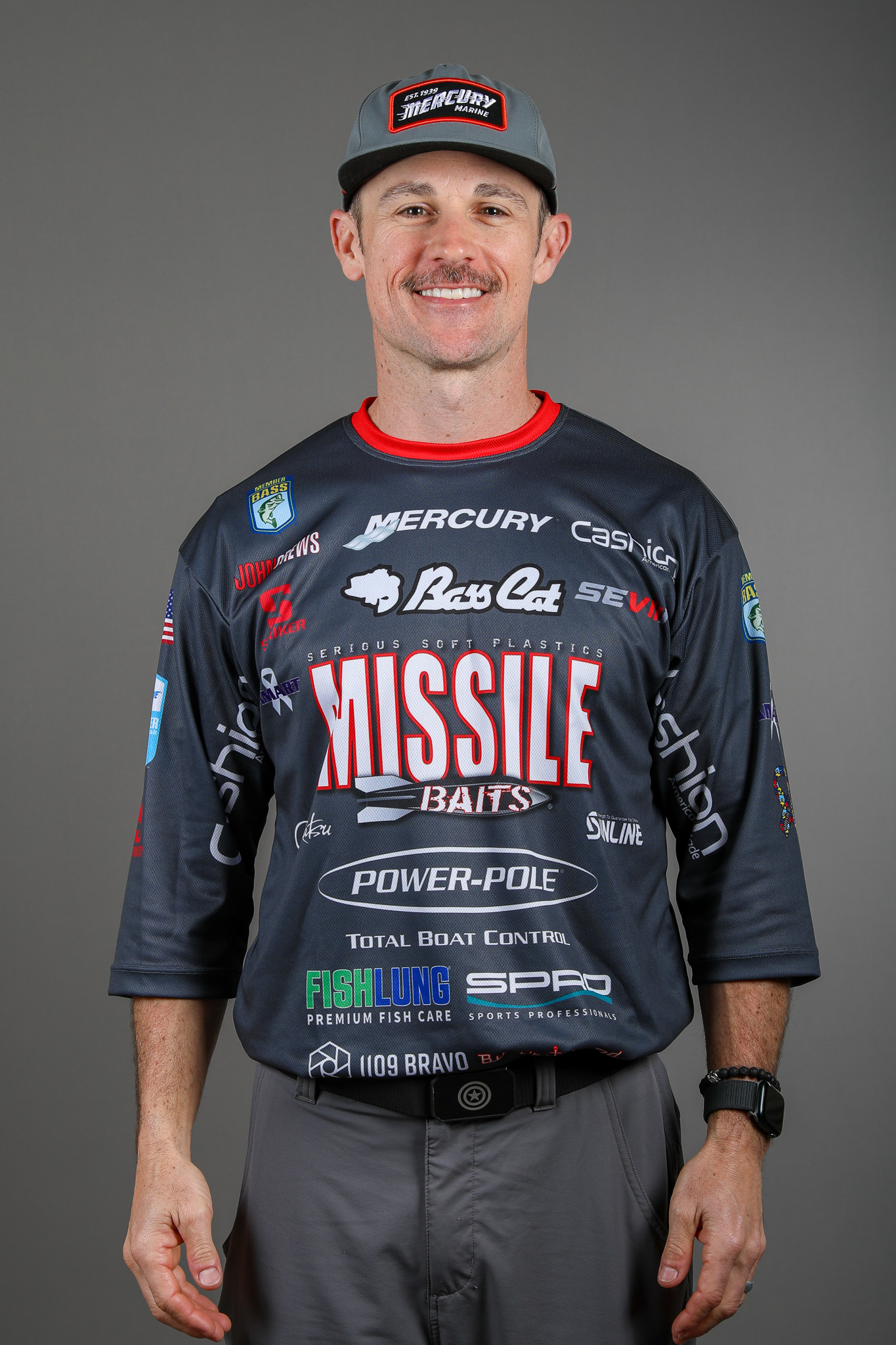
Here’s the part where we get right down to it: How much can I expect to get paid?
Editor’s note: Read part 1 and part 2.
The answer to that question depends upon who you are, how good you are at promoting and which sponsor you’re talking about.
Most professional anglers create media reports that track the amount of impressions they get during the year. This is a critical part of being a professional. You need this to assess your value to a sponsor.
You also need to know what your total compensation is from the sponsor. This is the combination of everything you get from them. It’s more than just the check that you may or may not receive.
With those things in mind, let’s work our way up the ladder.
Product only
There are more anglers than you think — even at the highest levels — who are working for product only, and that’s not necessarily a bad thing. There are certain products that have a tremendous value and are easily sellable or liquid.
If a company is willing to pay you in product, you will need to do a little math before making a decision.
Let’s say the company is willing to give you $1,000 in product. Depending on the type of product, the sponsor may only have $300 to $500 invested in that product. Instead of paying you about $400, they can give you product that you sell quickly for $800. That gives you and the sponsor the best value and your total compensation might be where you think it should be.
Think before you turn down a product only offer, especially if the product is a good one or if you’re relatively new to the sport. These deals can create real opportunities.
My biggest piece of advice is to make sure the sponsor knows you are planning on selling the product — if you are going to sell all or some of it — and ask them how they would like that done. You don’t want to buck their sales channels, and it’ll reinforce the idea that you are a true professional who wants to work with them.
Cash payments
These run the gamut from less than a hundred dollars a month up to thousands of dollars a month. Obviously, the same factors we discussed above apply here. Is the angler at the top? Can he move the needle? Is the company big enough to have a profit margin and the cash flow to service payments?
I fished full-time for four years before I had my first paying sponsor. I had a number of product deals and I was winning my income through tournaments. My first paying sponsor wrote me a check for $100 a month. It was Triple Fish fishing line. I remember the call with the owner, Dave, when he agreed to pay me. I also remember when I saw that first check. It was an emotional moment for me.
Professional bass fishing is a business. Fishing without good sponsors is a tough way to go. You need to develop the skills, and the insight, to make sound economic decisions about your business relationships.
If you are fortunate enough to get to a point where you are discussing being paid cash from a company to promote their brand, take it very seriously. This is business to the company. If you treat it as a business, that payment is much easier to make as a sponsor. I am on both sides of this relationship so I see the whole picture.
Many cash deals include product, too. This needs to be considered in your total compensation. I have one sponsor that pays me a very marginal amount per month but the total compensation is very strong because of the value of the product that’s provided on top of the cash.
Non-sponsored products
Here a situation that all anglers are faced with, and the answer isn’t set in stone. Should I mention a lure or product that helps me catch fish if they aren’t sponsoring me with product or money?
In some cases that’ll get you noticed and might lead to a sponsorship. In just as many cases, though, all you’re doing is giving away what you sell. What you do depends upon how well you know the industry. And that depends on whether or not you’ve done your homework as a businessman and professional. Professional bass fishing is work. It’s not a hobby gone wild.
When it comes to using a competitors product my strong advice is to just be honest. Honest can mean leaving out something that is a competitor’s product that you caught a few fish on. If you win a big tournament on a non-sponsor product, talk around it. But do not lie. It will kill your credibility.
There you have it — my view on sponsorships. What I’ve said in these three columns is based on my experience as a Bassmaster Elite Series angler and as the owner of Missile Baits. Maybe you agree with what I’ve said, and maybe not. Either way, it’s the way I see it. At a minimum it should give you food for thought.

